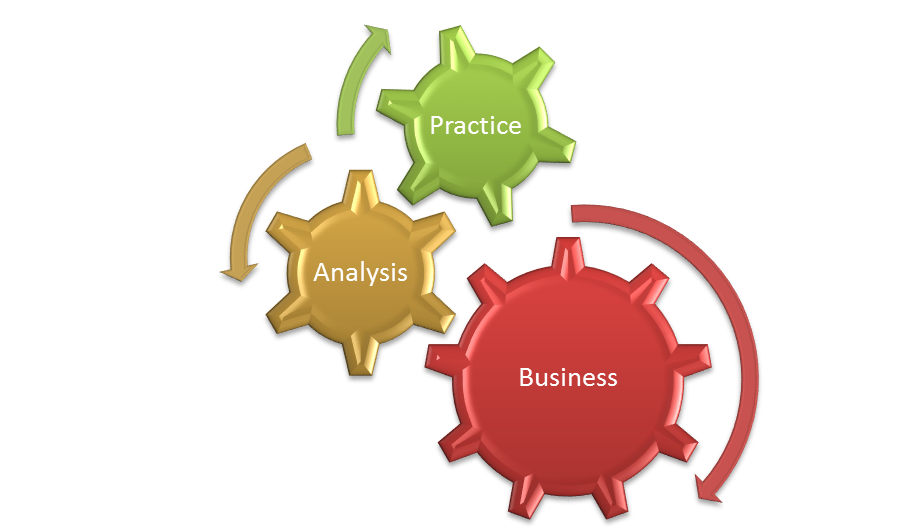Solihull
Solihull is the city in the West Midlands, England. In 2011 census, it has estimated population of about 206,700. Solihull is one of the best-off areas outside the London. uSwitch quality of life index named Solihull the “best place to live” in the UK in November 2013.
History
Toponymy
The name of the Solihull is derived from the position of the parish church (St Alphege) on ‘soily’ hill.
Early History
The historic Solihull school dates from 1560. St. Alphege dates from a similar period and is a huge example of Gothic church architecture. It is situated at the head of high street and is grade 1 listed building.
20th Century
The Industrial Rebellion mainly approved Solihull by, and until the 20th century, Solihull sustained a small market town. World War II also approved Solihull by Bordering Coventry. Birmingham was harshly injured by recurrent German violence attacks, but separately from some bouts on what is now the Land Rover plant, the airport and the local railway lines, Solihull bolted mainly complete.
In 1901, the populace of the city was around 7,500. This development was due to factors like the growth of the Rover car plant, the development of what was then Elmdon Airport into Birmingham and much more. These factors comprise growth of Rover car plant and slum clearance in Birmingham.

 ENQUIRE
ENQUIRE
 REQUEST CALLBACK
REQUEST CALLBACK
 GET A FREE QUOTE
GET A FREE QUOTE


 Introduction
Introduction Course Details
Course Details Course Content
Course Content





 London
London